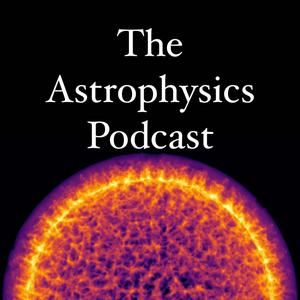Most of the mass in the universe is invisible. We call it "Dark Matter", and the only reason we know it's there is because we can see how it gravitationally interacts with regular matter. For example, in our own galaxy, Dark Matter comprises most of the mass, in a large spherical "halo" that binds the smaller spiral of gas and stars that we can see. As all our stars orbit the Milky Way, they are passing through a sea of dark matter, and this should create observable consequences that allow us to test theories about the nature of dark matter itself. Dr. Gurtina Besla develops large-scale computer simulations of the Milky Way to compute these observational signatures, allowing us to put our theories of dark matter to the test inside our own galaxy.


